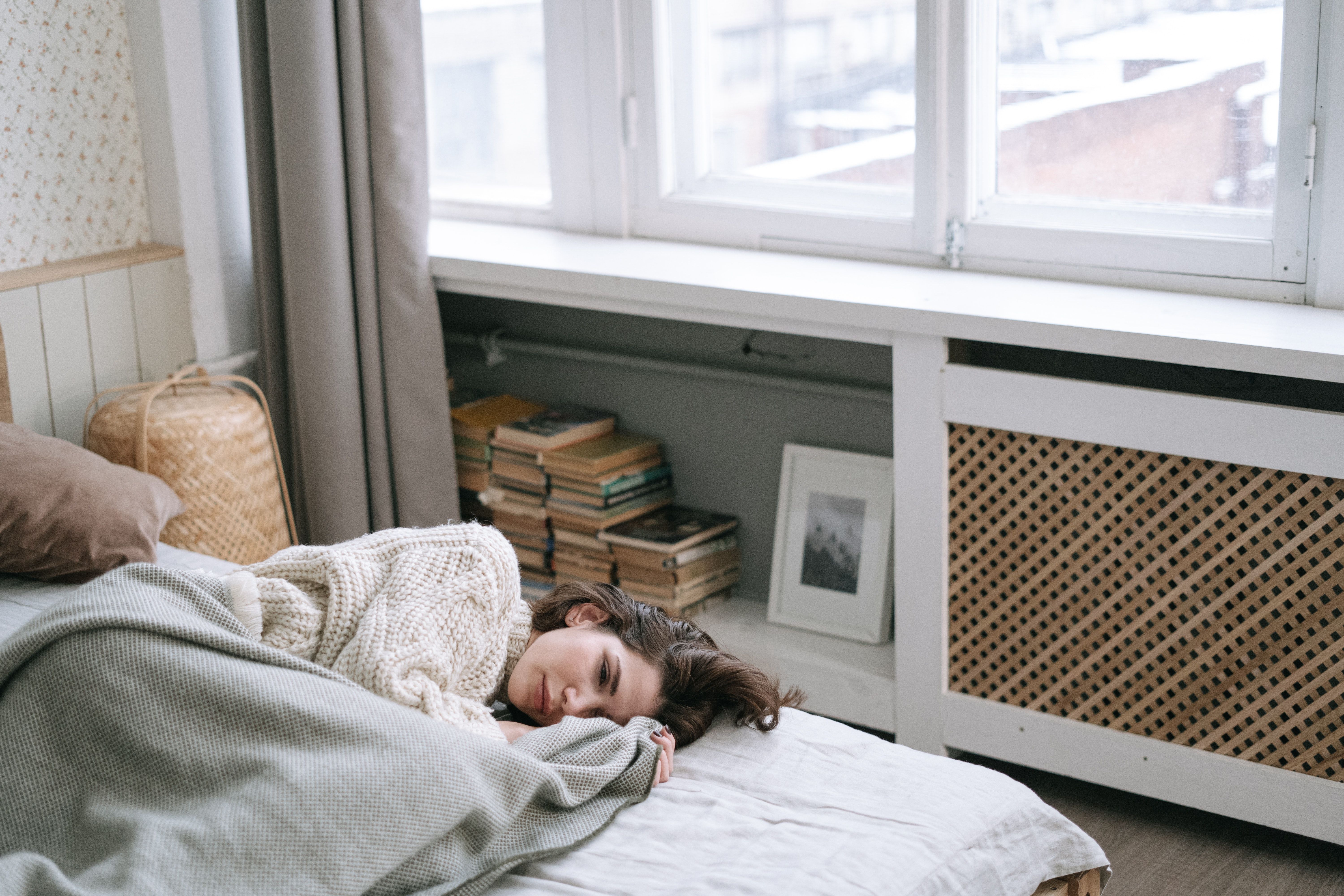Sleep Problems Remain Throughout the COVID-19 Pandemic
Women in the study had an earlier sleep schedule and lower sleep fragmentation.

As the COVID-19 pandemic continues on, many are still struggling with sleep problems, particularly men.
A team, led by Francesca Conte, Department of Psychology, University of Campania L. Vanvitelli, assessed sleep during the third wave of health adults in the spring of 2021 from Campania in Italy, specifically sleep fragmentation.
Sleep During Lockdowns
The majority of studies on sleep during the COVID-19 pandemic were conducted during the initial wave in the spring of 2020. Early evidence found the number of disruptions in personal schedules, psychological health and sleep throughout the world resulted in 35.7% of the population facing sleep problems.
For example, an assessment of the first lockdown in Italy showed reports of delayed sleep schedules, increased time in bed, and poorer overall sleep quality compared to pre-lockdown levels. Overall, more than 40% of the sample reported sleep disturbances, while 18% met the criteria for a diagnosis of clinical insomnia.
Another Italian survey conducted during the second wave of lockdowns in the fall of 2020 showed the sleep issues persisted throughout the different waves of the pandemic.
A New Assessment of Sleep
In the new assessment, the investigators examined a sample of healthy adults during the third lockdown period using actigraphy recordings and the Pittsburgh Sleep Quality Index (PSQI). They collected data between March 11 and April 18, 2021, when Campania officials restricted community movement.
Patients included in the study were between 18-60 years and had the absence of any somatic or psychiatric illness, sleep apnea, respiratory or movement disorder symptoms, have regular sleep and wake cycles, had no history of drug or alcohol abuse, and limited consumption of caffeine or alcohol.
The final samples included 82 adults between 18-56 years with a mean age of 32.5 ± 11.5 years.
Each participant wore an actigraphy for 40 hours during the week.
Sleep Problems
The investigators found the average participant suffered from a mild degree of poor subjective sleep quality, which is seen with an average PSQI of 5.77 ± 2.58. In addition, 46.34% (n = 38) of participants were classified at good sleepers, while 53.66% (n = 44) of respondents were deemed poor sleepers.
Men in the study also showed an overall lower sleep quality, which is indexed by several variables. Women had earlier sleep scheduled, stayed in bed and slept longer, and had lower sleep fragmentation.
The study results confirm the trend observed in longitudinal surveys showing impairments remained high during the second lockdown.
The average score in the new survey was also lower than what was reported during the second wave of the pandemic, but higher than the cut-off for poor sleep. These findings contradict those on objective sleep quality.
“Along the same line of reasoning, it may be hypothesized that the significant impairments of subjective sleep quality widely reported during the first pandemic wave could have relied on the presence of subtle objective sleep quality disruptions,” the authors wrote. “These would have gone undetected by objective sleep assessments, performed during the same period, which did not include fragmentation indices.”
The study, "High sleep fragmentation parallels poor subjective sleep quality during the third wave of the Covid-19 pandemic: An actigraphic study,” was published online in the Journal of Sleep Research.